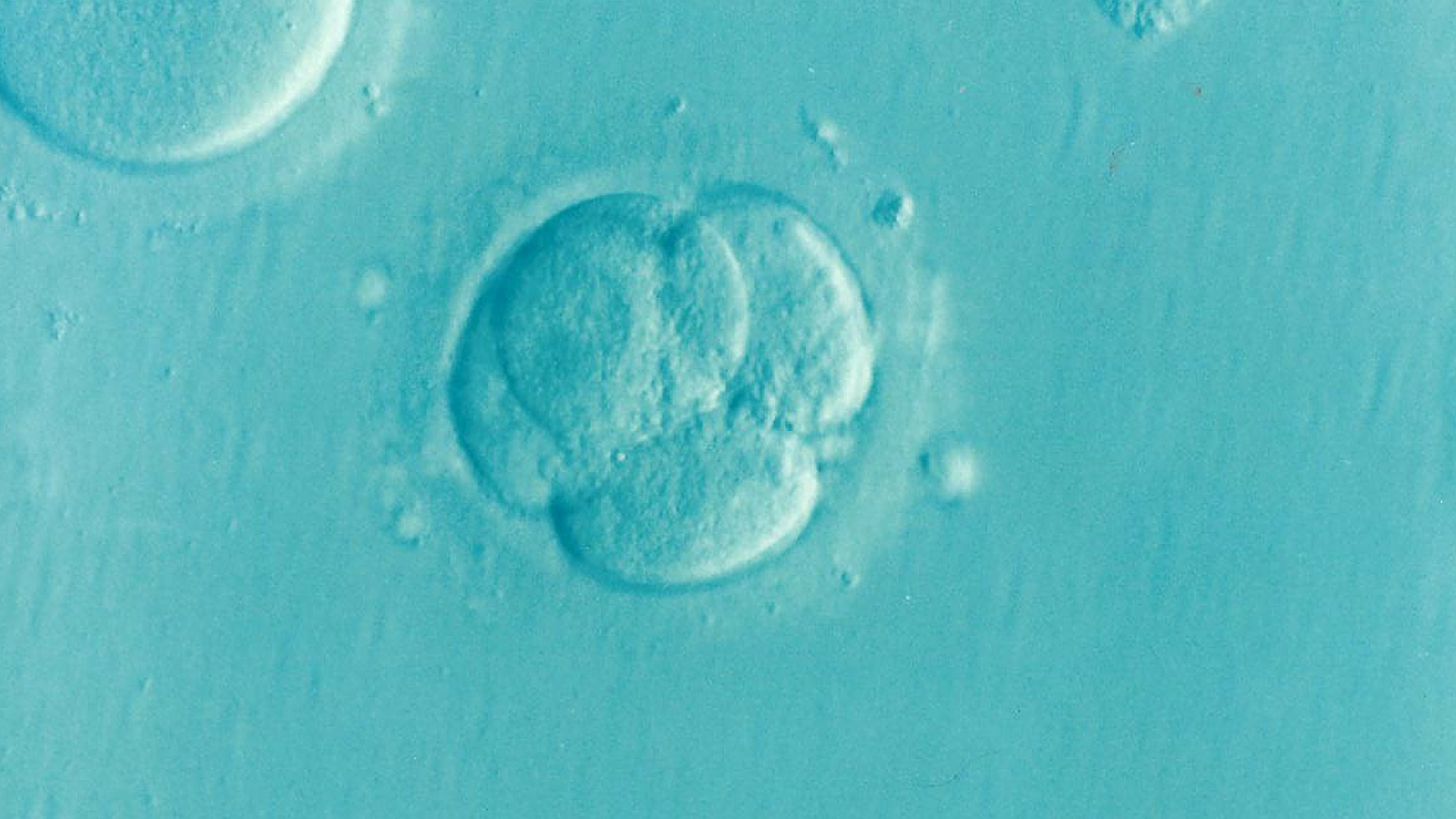Jiankui He: A Sorry Tale of High-Stakes Science
By Landon J. Getz, Graham Dellaire, Francoise Baylis,
Hastings Bioethics Forum
| 12. 10. 2018
In response to news of the world’s first babies born in China from gene-edited embryos, Sam Sternberg, a CRISPR/Cas9 researcher at Columbia University, spoke for many when he said“I’ve long suspected that scientists, somewhere, would rush to claim the ‘prize’ of being first to apply CRISPR clinically to edit the DNA of human embryos, and use those embryos to establish pregnancies, but still, I’m shocked to find out it’s allegedly happened this quickly.”
There is considerable irony in Sternberg’s “shock” at the birth announcement by Jiankui He of the Southern University of Science and Technology in China, insofar as modern science (and especially frontier science) encourages competition, rewards high-performance (typically measured in terms of publications in high-impact journals, research dollars from prestigious granting agencies, lucrative patents, and promising start-ups), and celebrates “firsts” often with considerable pomp and ceremony. For chemistry, physics and physiology the most prestigious of these accolades is the Nobel Prize. As Ben Hurlbut, of Arizona State University, has remarked, He was “acting in line with” a scientific culture “that puts a premium on provocative research, celebrity...
Related Articles
By Diaa Hadid and Shweta Desai, NPR | 01.29.2026
MUMBRA, India — The afternoon sun shines on the woman in a commuter-town café, highlighting her almond-shaped eyes and pale skin, a look often sought after by couples who need an egg to have a baby.
"I have good eggs,"...
By George Janes, BioNews | 01.12.2026
A heart attack patient has become the first person to be treated in a clinical trial of an experimental gene therapy, which aims to strengthen blood vessels after coronary bypass surgery.
Coronary artery bypass surgery is performed to treat...
By Staff, ScienceDaily | 01.05.2026
Scientists at UNSW Sydney have developed a new form of CRISPR technology that could make gene therapy safer while also resolving a decades-long debate about how genes are switched off. The research shows that small chemical markers attached to DNA
...
Following a long-standing CGS tradition, we present a selection of our favorite Biopolitical Times posts of the past year.
In 2025, we published up to four posts every month, written by 12 authors (staff, consultants and allies), some in collaboration and one simply credited to CGS.
These titles are presented in chronological order, except for three In Memoriam notices, which follow. Many more posts that are worth your time can be found in the archive. Scroll down and “VIEW...




